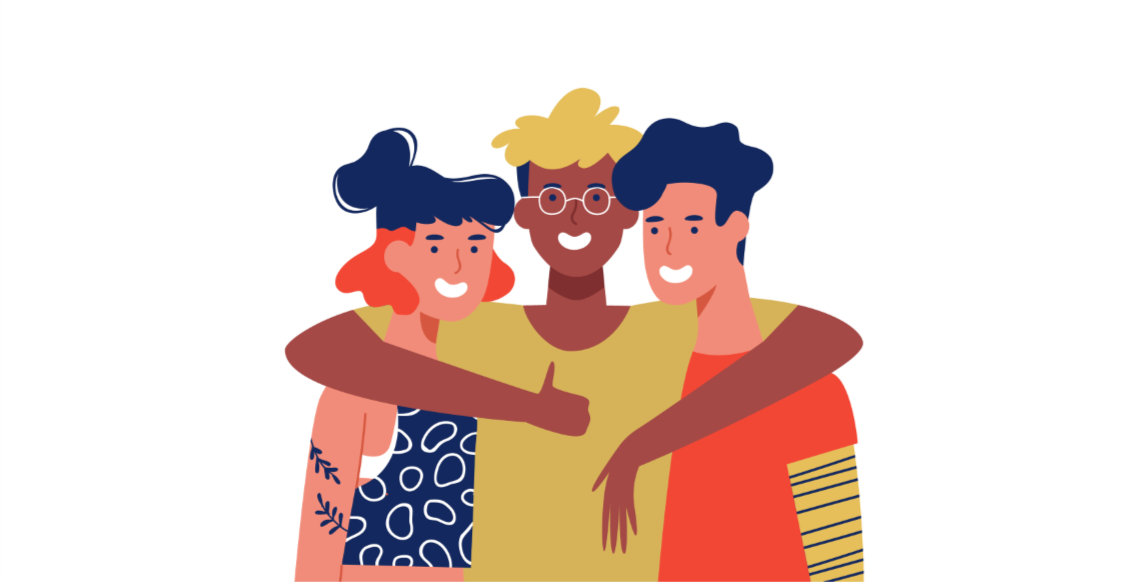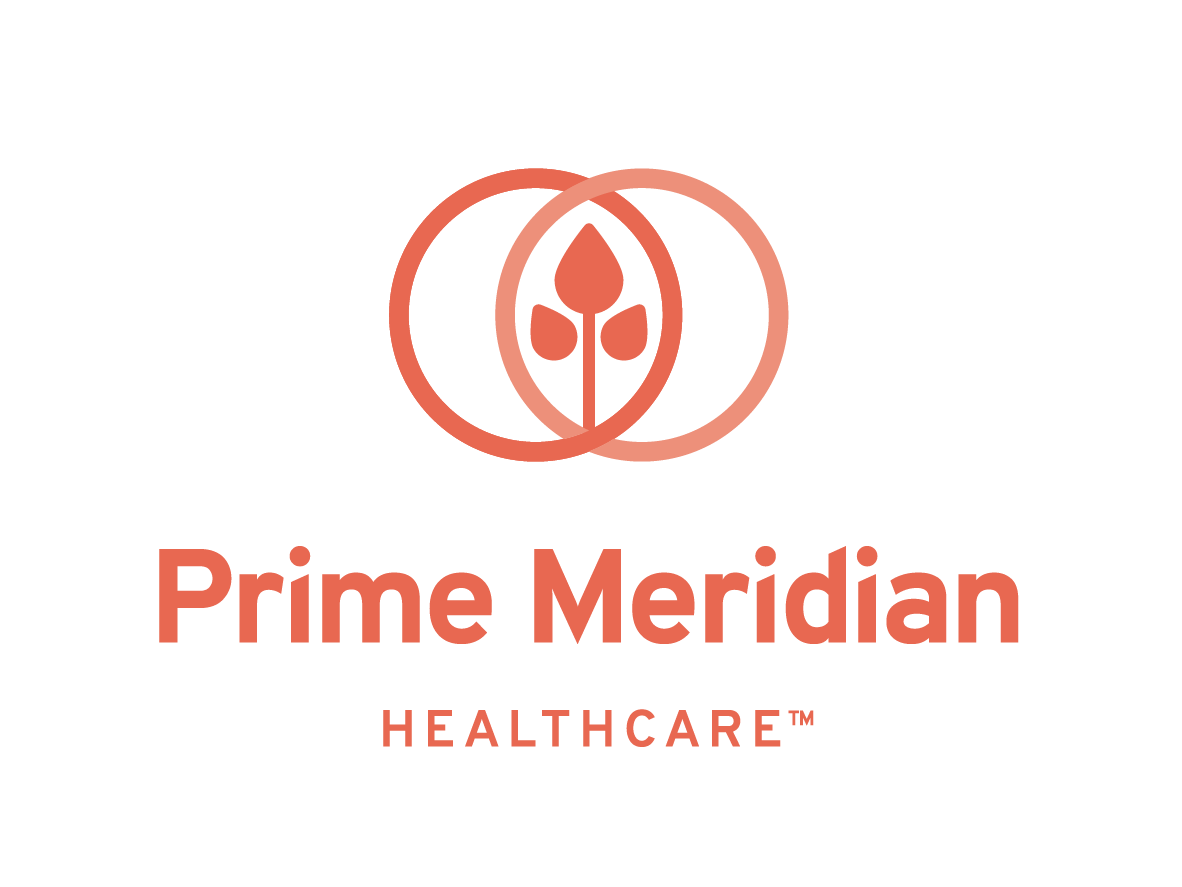
The Impact of Kindness on Your Health
World Kindness Day
World Kindness Day is celebrated every year on November 13th. First introduced in 1998, World Kindness Day is an opportunity to focus on the positivity and kindness that binds us as humans, and helps us live happier and healthier lives. At Prime Meridian Healthcare™ we take kindness seriously, because regularly practicing acts of kindness makes us all better and can actually improve your physical health.

Oxytocin, the “Love Hormone”
Kindness, whether giving or receiving, makes us feel better. This feel-good phenomenon is due in part to oxytocin, commonly referred to as the “love hormone.” Oxytocin is a hormone produced in the region of the brain (the hypothalamus) that helps regulate homeostasis, our internal balance. While its primary actions are related to reproduction, it is primarily known for its role as a chemical messenger in everything from child-infant bonding to romantic attachment. Oxytocin regulation is controlled by what is known as a positive feedback mechanism, where the production and release of oxytocin promotes action, which stimulates more production and release. So the more oxytocin we have circulating in our bloodstream, the more we are induced to act in ways that will produce even more. It’s a feel-good cycle. When we’re having a great conversation or are in a physically intimate situation, oxytocin is released to help calm us, entice us to be more generous, and work even harder to develop closer bonds.
But it isn’t all about oxytocin. Being nice can influence other hormones as well. Prosocial behavior, actively seeking to practice kindness, has been shown to increase levels of dopamine. Dopamine is the “feel good hormone” that is one of the primary regulators of our brain’s reward system (1). There is also evidence that practicing random acts of kindness can help reduce stress hormone levels (2). High levels of cortisol, generally a response to overactivation of the stress response, can result in weight gain, stimulate excessive inflammation, and increase risk for heart disease and various other chronic diseases (3). However, simply being nice can lower our risk for developing chronic disease.
Focusing on serving others not only makes us feel good in the moment, but also is one of the best ways to develop strong social bonds and promote health and longevity (4).

The “Helper’s High”
Performing kindness on a regular basis results in higher overall levels of life satisfaction, and the more acts of kindness we perform, the happier we are (5). This is referred to as “the helper’s high,” which is the research-proven idea that selfless service helps us just as much as it does those we have acted kindly towards (Rudd). Researchers believe that this is evolutionary biology at its nicest, that we are hard-wired to help each other out because for most of existence, working together was necessary for human survival.
Acting Kind, Randomly
When it comes to being kind, consistency is the key. Reaping the rewards of kindness doesn’t come from one-off events; it should be an ongoing effort. The more often we express kindness, the greater and more consistent the benefits. Set a goal and find ways to get that helper’s high daily, like:
1
Let the person with only a few items go in front of you in the grocery store line.
2
Text a friend or family member that you haven’t spoken to in a while.
3
Do a favor without asking for anything in return.
4
Take time to help a new co-worker.
Celebrate World Kindness Day by starting today. Be creative, try something new, and take note of how much easier being nice becomes and how that positive feedback mechanism works, making us want to be kind more and more. Be nice, be happy, and be healthy.
References
1
Do unto others or treat yourself? The effects of prosocial and self-focused behavior on psychological flourishing.
Nelson S., et al.
4
Providing social support may be more beneficial than receiving it: results from a prospective study of mortality.
Brown S.m et al.
2
The impact of a new emotional self-management program on stress, emotions, heart rate variability, DHEA and cortisol.
McCrarty R., et al.
5
A range of kindness activities boost happiness.
Rowland L. and Curry O.
3
The role of cortisol in ischemic heart disease, ischemic stroke, type 2 diabetes, and cardiovascular disease risk factors: a bi-directional Mendelian randomization study.
Kwok M., et al.


